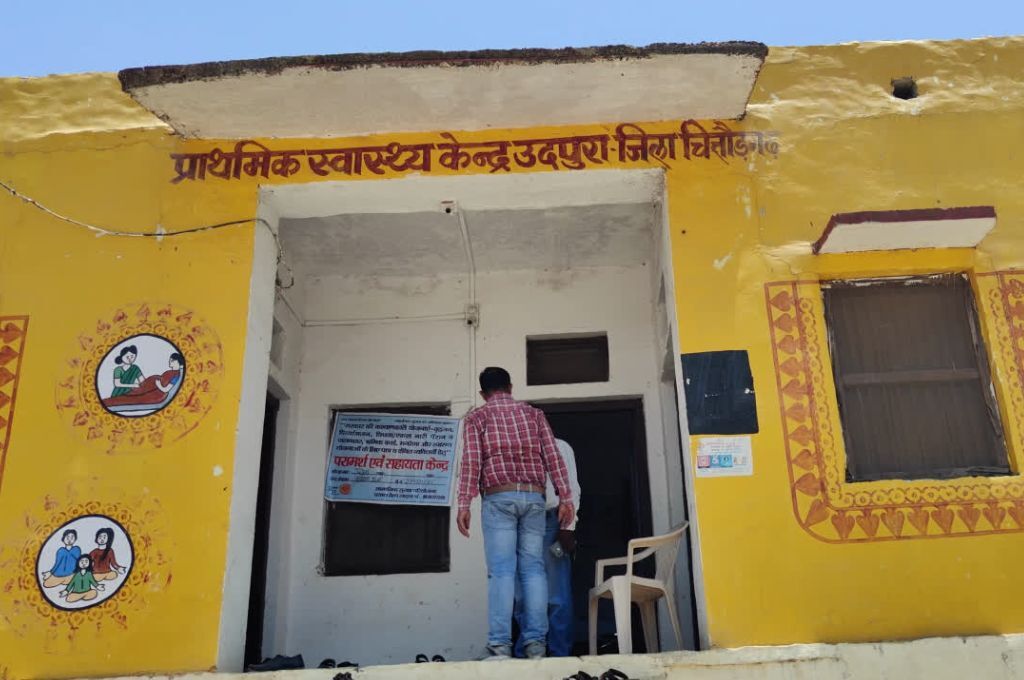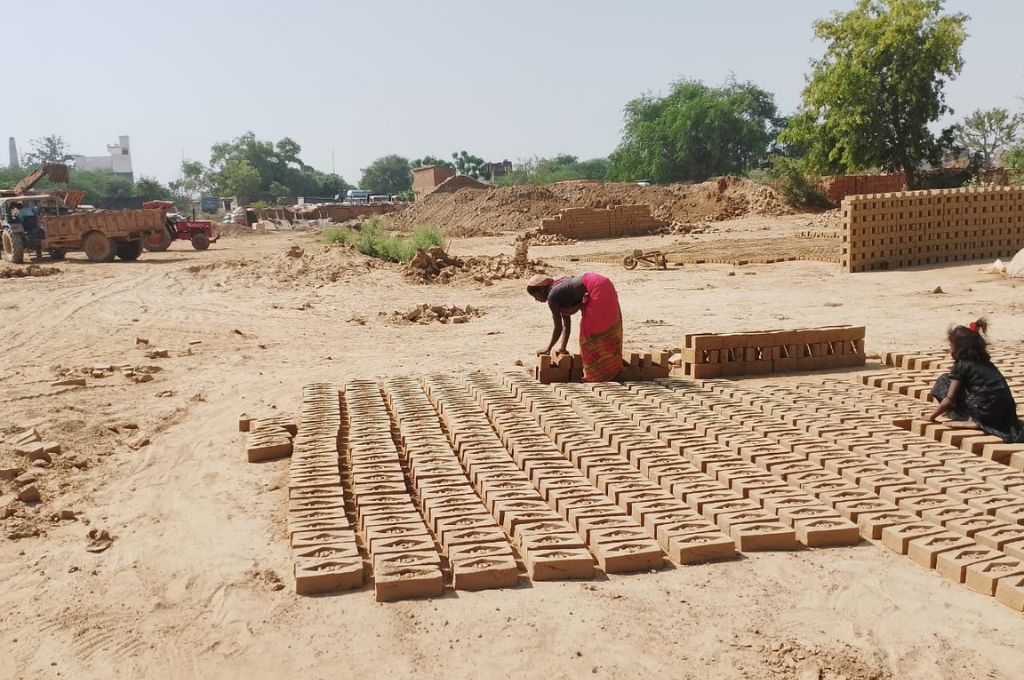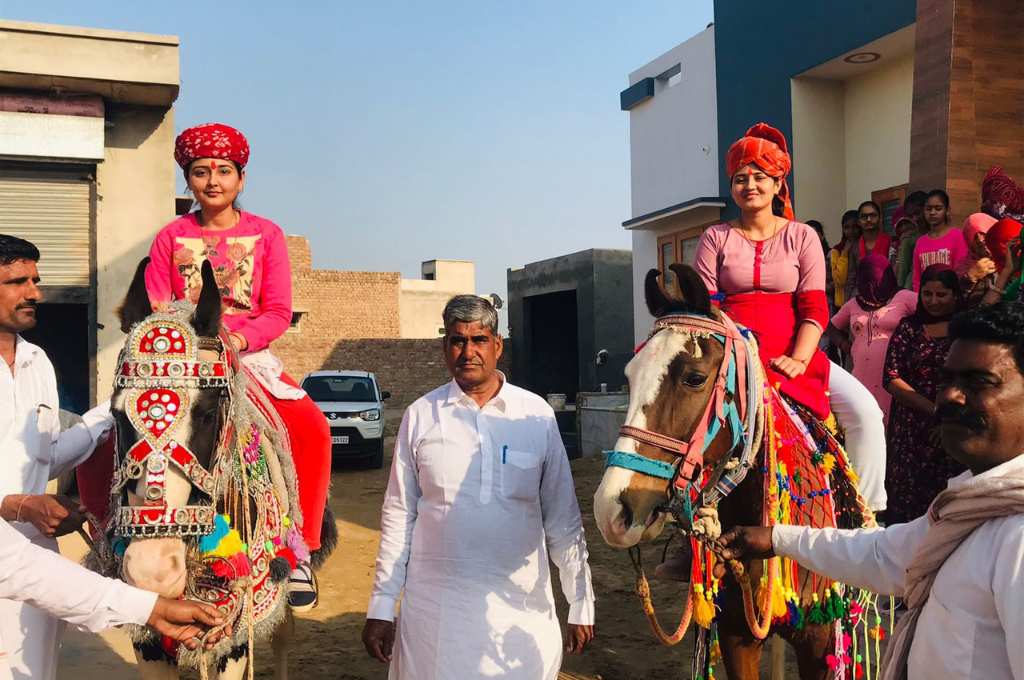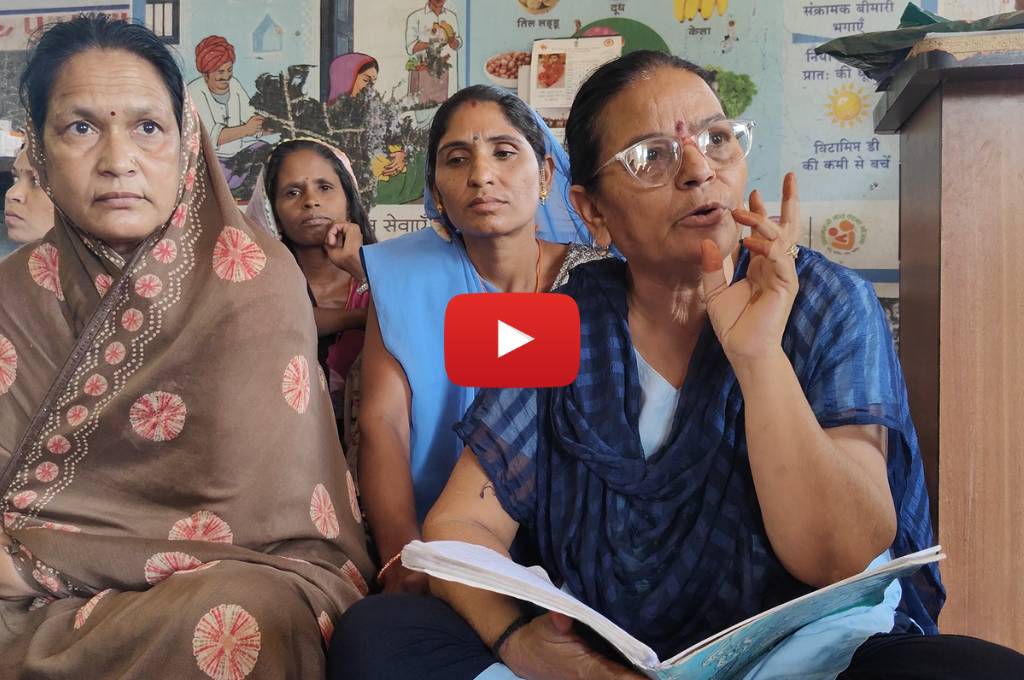Freedom to graze
In Sundarpahari block of Godda, the tribal community produces Kharif crops such as paddy and maize (grown in the summer), in large quantities. However, rabi crops (generally grown in the winter) are not harvested, even though they have historically been an essential part of their diet. In fact, in the winter time large tracts of land are left unutilised and uncultivated, not because the land is uncultivable or they don’t want to cultivate it, but because they cannot. All because of a very strange practice.
Every winter around mid-January, after the Santhal festival of Sohrai porb, domesticated cattle are untied, left to roam free and enter the fields, regardless of who the land belongs to. It is considered against the spirit of the festival to go and tend the cattle. Because these animals can roam and graze freely, the tribal community has stopped growing crops altogether during that time of the year.
About 10 or 15 years ago, this was not the case. The society adhered to strict tribal laws, and cattle were grazed in the designated commons. Back then agriculture was considered pious, as it ensured food security. And in case some itinerant cattle entered the crop-fields, the tribal law enforcement machinery ensured that the owner of the cattle would be fined.
Today the situation is different. New trends of seasonal migration have crept in, and tribal youth returning to the village—from Dilli and Bambai—have shunned the old tribal customs. Consequently, animal grazing laws have taken a back seat.
The effects of skipping agricultural production in the winters can be disastrous. Rabi crops—and other nutritious winter crops such as pigeon-pea, linseed, and Bengal gram—are not grown anymore, for fear of them getting eaten by cattle. This has put the community’s food self-sufficiency in jeopardy.
Ashutosh Mishra is an executive at PRADAN, a premier voluntary organisation in India.



